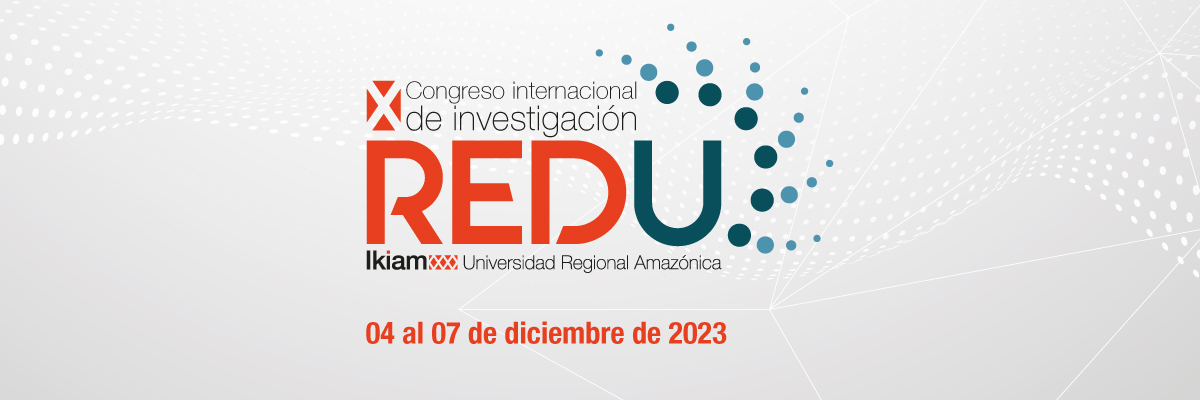Ponente
Descripción
Seismic data are common to study the subsurface geological configuration and structures for hydrocarbon exploration, geotechnical assessments, and hazard studies. Seismic data itself gives us plenty of information, but the integration of seismic and borehole data creates the most complete database used in oil and gas exploration. Seismic data is susceptible to various sources of noise and artifacts that can distort interpretation. The accuracy of geological interpretations heavily relies on seismic data quality, and addressing this challenge is paramount for informed decision-making in these fields. This research employs a combination of data processing techniques, including noise attenuation, deconvolution, and velocity model refinement to enhance the quality of seismic data. The methodology proposed was applied to seismic data from the Ecuadorian Coastal Zone. This area encompasses a geologically complex region with diverse subsurface features to ensure the applicability of the proposed methods across various geological settings. The major findings of this research indicate a substantial improvement in the quality of seismic data. Our noise reduction techniques significantly enhance data clarity, reducing the impact of ambient noise and artifacts. Deconvolution processes enhance the resolution of seismic signals, allowing for better identification of subsurface structures. These processes help to generate a wavelet for producing synthetic seismograms with a higher coefficient of correlation with the extracted trace than the seismogram of the data without the improvement. The correlation coefficient between seismic and borehole increases from 0.29 to 0.41 for one of the synthetic seismograms with a better result. In conclusion, the methods applied offer substantial improvements in the quality of seismic data and for interpretation. These advancements are crucial for enhancing the accuracy of subsurface imaging, leading to more reliable assessments in the industry. By addressing the challenges associated with seismic data quality, this research contributes to better-informed decision-making and safer exploration of resources.
| Temáticas | Geociencias, geotecnia y minas |
|---|---|
| Institución de afiliación del ponente | Yachay Tech University |
| Contexto de la investigación | Presente |
| Área/Area | Sostenibilidad |

